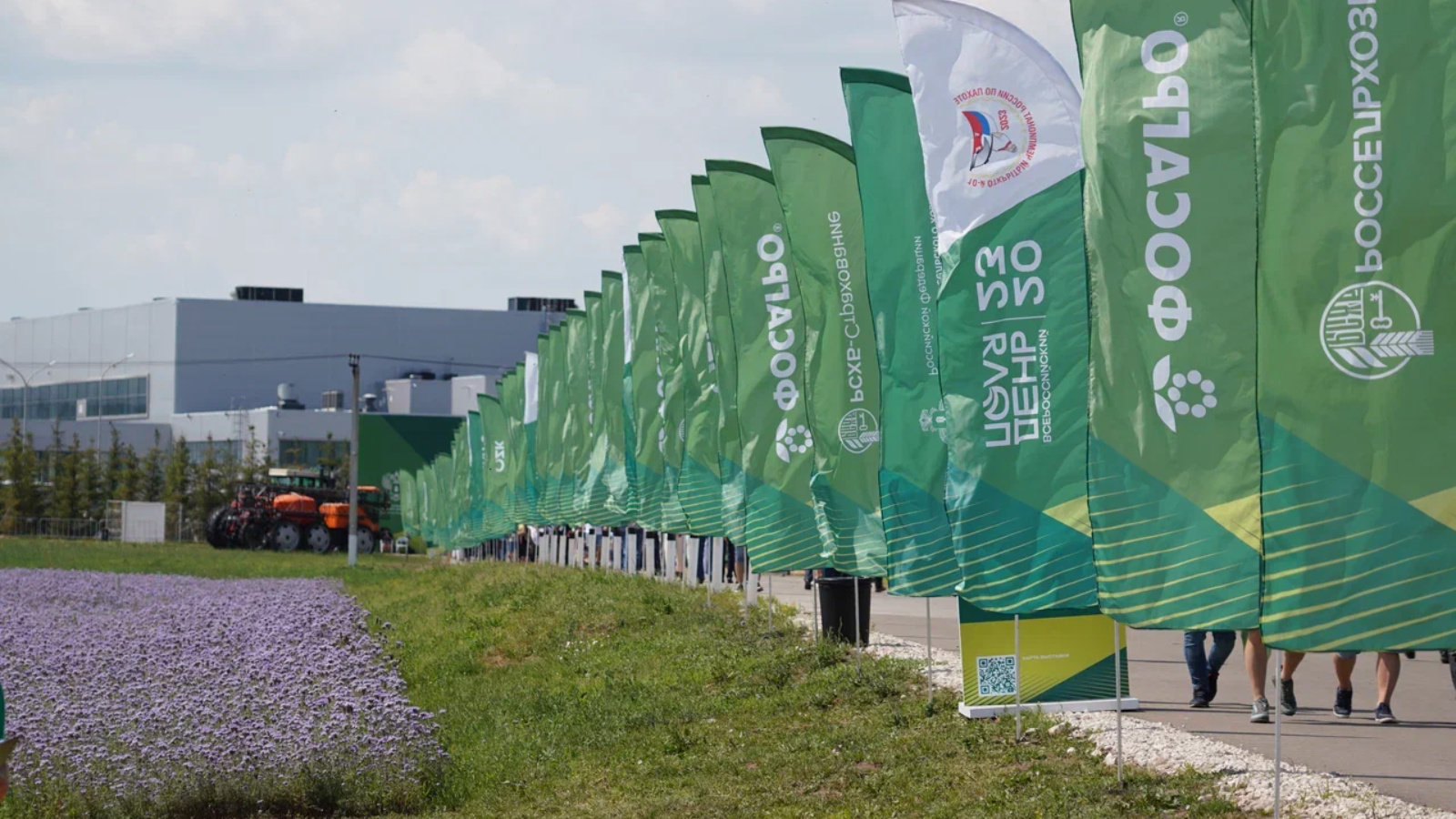Import substitution of seeds will require 45 billion rubles of investments

“The modern Russian food market is reliably based on the results of the labor of domestic farmers. Now the focus is on the final consolidation of food sovereignty through import substitution in breeding and genetics,” Anna Osetrova noted.
Despite the fact that there are already good results for a number of plant crops (for example, in winter wheat, the share of domestic seed material is 93%, and in rice - 92%), the potential for the development of Russian production in other areas is high.
Thus, the Government of the Russian Federation has set the task to increase the share of domestic seed material for 11 crops, with the focus on sunflower, potatoes and sugar beets. The share of imports for them exceeds 70% and by the end of 2030 should be reduced to 25%, 50% and 50%, respectively.
“The market for breeding seeds is estimated at 150 to 200 billion rubles a year. It is planned to replace up to 60% of imports, which will require about 45 billion rubles of investment. State support will contribute to the attractiveness of the industry: the level of reimbursement of capital costs for the construction of breeding and seed centers has been increased to 50%. Already, 24 projects worth 20 billion rubles are under implementation, about half of these projects are supported by the Russian Agricultural Bank. Achieving the set targets will strengthen the foundation of Russian agriculture and the food market,” Anna Osetrova summed up.
In addition to financial support, since 2020, the RSHB has been developing a digital platform for farmers, Svoe Fermerstvo, where, among other goods, you can also purchase seeds from domestic producers. There is also a service for intelligent selection of seeds, which will allow you to select seeds based on the parameters (region of cultivation, crop and direction of use) and increase the productivity of the fields.